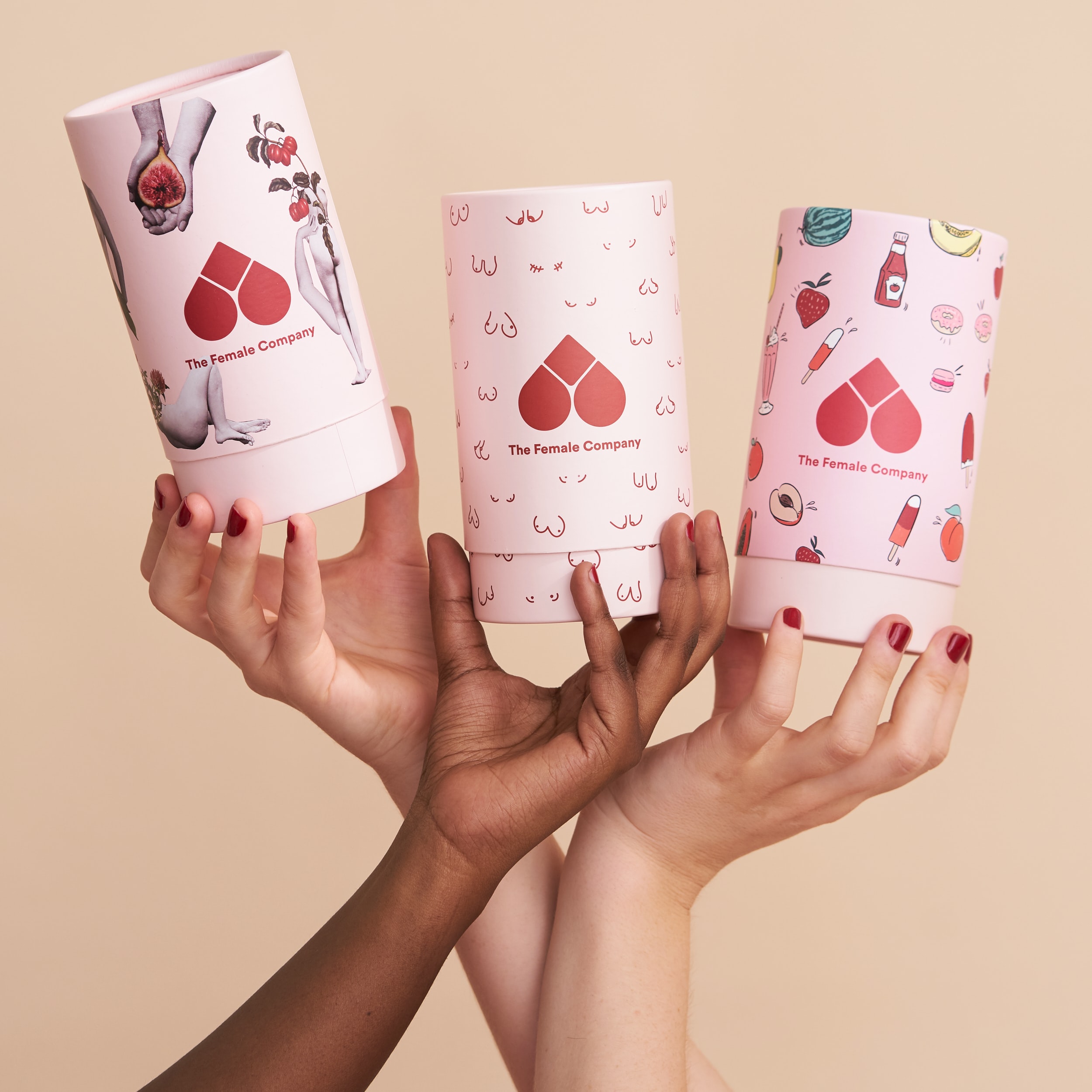“The Tone-Up” amplifies the voices of Muslim women who have something exclusive about Muslim women to talk or rant about. In this instalment, Fadilah Ali talks about period shame, analysing the stigma around menstruation in Muslim communities.
It is a truth universally acknowledged that for many girls, the first time they get periods will take them by surprise. They may be sitting in class receiving lessons, they may be out with their families, they may be at home doing homework or they may be asleep. Whichever way, the beginning of something so significant almost always appears unceremoniously, and as they experience it, they explore and learn the various truths and falsehoods of every bit of information about periods they’ve heard before. In ancient times, the coming of menstruation signified that a girl had reached adulthood and that she was now fit to be married and have children. Before then, she would have been anticipating it, and she would be prepared by her mother and sisters and aunts on what to expect. Nowadays, that duty has been delegated to a teacher at school and the topic is not expected to be talked about in the home. It is seen as dirty talk, embarrassing, one that does not deserve to be mentioned.
Unfortunately, before their periods, most young girls expect menstruation to be flowery, romantic, and to be absolutely pain-free. But the minute they get it, that expectation naturally comes crashing to the ground. No amount of words in a flowery pink little book will prepare them for the awkwardness they’ll experience, the compulsory increase in personal and sanitary hygiene, the intense stomach pain they’ll endure or the range of skin issues that come with it. And to top it all, the period myths come in about how they’ll get pregnant should they talk to boys when on their periods, or how they shouldn’t play with babies anymore.
As ridiculous as it all sounds, it is very believable to young impressionable girls. And if they are in a Muslim setting, the period shame sadly becomes worse.
Our warped notion of hayaa’ is one that entails us to jettison common sense, sweeping pressing issues under the carpet and focusing on superficiality. Mothers force their daughters to wake up and pretend to fast in Ramadhan so that their fathers and brothers wouldn’t know that they are menstruating. There is a burden of shame imposed on girls, which dictates the need to hide sanitary pads under layers of clothes in order to protect boys from knowing about it. Such myths have been drilled into the psyche of the girls involved, and as such, they grow to associate a natural and significant function of their bodies such as menstruation with shame.
Since time immemorial, women have been shamed for absolutely everything about their bodies. If they’re not being objectified and hyper-sexualised, then they’re body-shamed and mocked, and even blamed for men’s fetishes and obsessions. From the distasteful jokes to the innuendos and the lust-driven songs sung about them, everything about women has been made public domain.
While I am not surprised by them, I do believe that a lot of things need to be done to address period shame, and I say this keeping the Muslim paradigm in mind. In the time of the Prophet (PBUH), hayaa’ was keenly maintained, yet topics like menstruation and sex and divorce were openly discussed. There was no shying away from issues that actually needed to be addressed since they directly affected the lives of the people. From nowhere, over the years, a sense of false modesty seeped through into Muslim settings. It then became immoral to talk about or even acknowledge menstruating women. They became seen as filthy and not good enough despite the fact that a good chunk of fiqh (Islamic jurisprudence) is tied to the nuances surrounding periods. Menstruating women were gradually cut out even from their daily activities. It is not uncommon in several parts of Nigeria for a woman to refuse to point in the direction of the mosque or even look towards it, during her period. The condescending terminology which people use in referring to her is also not to be forgotten. These are names that mock women for buying pads, for “pissing blood”, for disposing of used pads, and even for acknowledging that they have periods.
Both of these approaches to women and periods leave only one victim in the long run; the women themselves. If people don’t realise the dangers of period shame; that shaming the function of menstruation is like shaming the body for sweating or producing saliva and urine, then there’s still a very long way to go. Women should never be made to feel “less human” because something so natural occurs within their bodies.
There are times when I reflect on the layers and layers of misogyny that have enveloped our society today, and the unfair manner in which women who dare to raise their voices and be heard are being clamped down on, and I am filled with a certain sense of hopelessness. Sometimes, it becomes exceedingly unbearable to know that people with these kinds of depraved thinking exist. We are shunned and called names for whatever initiative we tend to take to educate people on these issues, guided by the Qur’an and Sunnah. The burden of misogyny is so heavy on our people and that there’s a lot of work to be done. May we be people blessed with knowledge and guidance by Allah. May we be people who treat others in the best of manners. And may we be people who always turn to Allah in repentance for our shortcomings!
Have anything to talk or rant about? ‘The Muslim Women Times’ is looking to expand the voices of Muslim women on issues affecting Muslim women. Send pitches or contributions to contribute@themuslimwomentimes.com along with your bio, social media handles and your favourite headshot. Read More on our Contributions Page.




